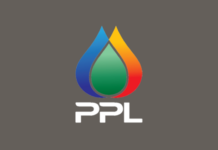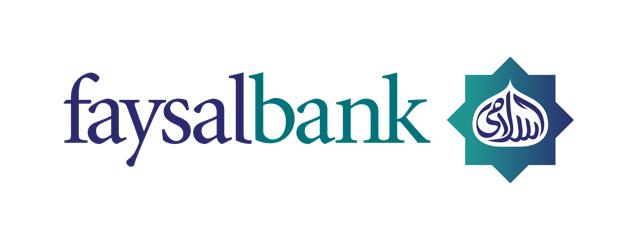Faysal Bank has completed its transition to a complete Islamic bank after the State Bank of Pakistan (SBP) issued FBL an Islamic Banking License. In one fell-swoop, the license has made Faysal the second largest full-fledged Islamic Bank in Pakistan.
FBL, named after Mohammaed bin Faisal Al Saud, a Saudi Prince and businessman, started its operations in Pakistan back in 1987. Incorporated in 1994 as a public limited company, the bank continued to expand its footprint in Pakistan as a commercial bank.
In 2015 FBL announced its decision to convert itself into a full fledged Islamic bank. At the time it already had the second largest Islamic banking window in the country with 53 standalone branches. Faysal Bank currently has 639 branches that have all been converted to Islamic branches.
“Conversion of Faysal Bank is first of its kind in the banking history of Pakistan. This is a groundbreaking accomplishment, not only for the bank, but also for Pakistan’s Islamic banking industry,” said Governor SBP Jameel Ahmed.
Why is this conversion significant for other banks?
On April 28, the Shariat Court announced a verdict in a long-pending, declaring the prevailing interest-based banking system as against the Shariah and directed the government to facilitate all loans under an interest-free system. The court had instructed the government to make laws within five years with regard to the implementation of Islamic banking within the country.
The court had ruled that the federal government and provincial governments must amend relevant laws and issued directives that the country’s banking system should be free of interest by December 2027. Faysal Bank’s conversion from a conventional bank to a full fledged Islamic bank adds pressure on other conventional banks in the country that have appealed the court’s decision.
A shift in banking
Even before the Shariat Court verdict, a sizable shift had been observed towards Islamic Banking in Pakistan. According to data from the State Bank of Pakistan and Profit’s analysis of the financial statements of every single bank in the country, it accounts for about 20% of net new deposits between 2002 and 2019. Crucially for the industry, net new Islamic banking deposits hit approximately 30-35% of total industry net new deposits.
And the rise has only grown since then. Islamic banking assets reached around 19.5% of total assets as of end June 2022, while share of deposits reached 20.5%. On a year on year basis, assets and deposits of Islamic Banking institutions were up by 41.4% and 27.0%, respectively by end June, 2022. The country currently has 22 Islamic Banking Institutions (IBIs) with a branch network of 4,086 branches, including 1,463 windows spread across 129 districts that provide Shariah compliant banking services. IBIs include 5 full-fledged Islamic banking and 17 Islamic banking windows of conventional banks.
In the inaugural SBP Governor’s report released this year, Governor Jameel Ahmed noted the growth of the Islamic Banking industry in Pakistan. “The Islamic banking industry has made significant contributions to the overall growth of the banking sector during the review period. Islamic Banking Institutions (IBIs) have shown more accelerated growth and better performance in recent years as compared to conventional banking segment, which reflects the acceptability of Islamic banking and its potential to promote financial inclusion”, reads the report.
How has the Islamic Banking Industry been growing?
Following a change in Faysal Bank’s status, the country currently has 22 Islamic Banking Institutions (IBIs) with a branch network of 4,086 branches, including 1,463 windows spread across 129 districts that provide Shariah compliant banking services. IBIs include 6 full-fledged Islamic banking and 16 Islamic banking windows of conventional banks.
Islamic banking assets reached around 19.5% of total assets as of end June 2022, while share of deposits reached 20.5%. On a year on year basis, assets and deposits of Islamic Banking institutions were up by 41.4% and 27.0%, respectively by end June, 2022.

























MASHALLAH
MASHALLAH GOOD
VERY good time for the beautiful